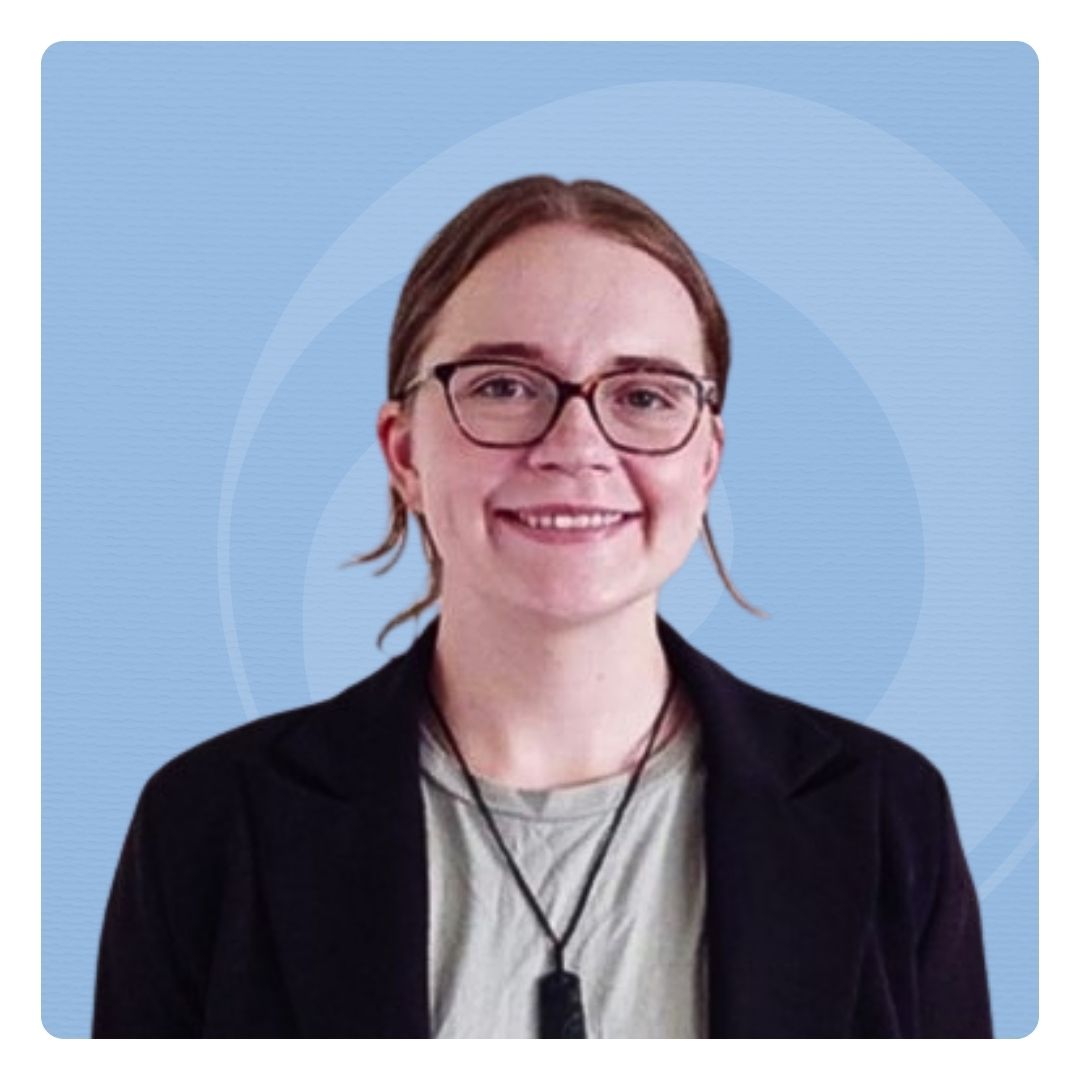Eden Amende joins Endometriosis New Zealand as our new Future Director, a 12-month position designed to support emerging leaders ready to contribute, learn, and grow in governance.
Living with endometriosis herself, Eden is passionate about improving awareness, access, and outcomes for all those affected — particularly wāhine Māori, whose experiences are often underrepresented in mainstream health conversations.
With a background in law, Eden has served as Secretary for Te Rākau Ture (the Māori Law Students’ Association) and currently works as a Judges’ Clerk, where she continues to strengthen her skills in strategic thinking, communication, and collaborative leadership. She brings enthusiasm, empathy, and a strong desire to help drive positive change for the endometriosis community.
As part of our commitment to developing future leaders in the not-for-profit sector, we spoke with Eden about her aspirations and the impact she hopes to make.
What inspired you to join the Endometriosis New Zealand Board, and how does your own experience or connection with endometriosis influence your involvement?
I applied for the role of Future Director because I want to contribute to work that makes a real difference in the lives of people affected by endometriosis. Like many others, I’ve navigated the challenges of Endometriosis — even long before I received an official diagnosis. That personal journey has shaped my understanding of how critical it is to have strong informed advocacy in this space. Endometriosis New Zealand is an important voice for those living with the condition, and I’m honoured to have the opportunity to support its mission and help drive change.
Endometriosis New Zealand has been advocating for the development of a National Endometriosis Action Plan for Aotearoa. What role do you see ENZ playing in helping to bring this plan to life?
Endometriosis New Zealand is uniquely positioned to lead the development of a National Endometriosis Action Plan because it provides a bridge between those with clinical expertise and the people in our communities affected by endometriosis. I see Endometriosis New Zealand playing a central role in shaping the plan’s priorities — ensuring it reflects the voices of those affected, is grounded in evidence and is actionable across the healthcare system.
What changes would you like to see in how endometriosis care is delivered, and what steps do you think are most important to improve outcomes for those living with the condition?
I’d like to see endometriosis care become more timely, equitable and holistic. I think that education or awareness is key — both for healthcare providers and the public — so that symptoms are recognised earlier and stigma is reduced.
Looking ahead, what do you think the future holds for people affected by endometriosis in New Zealand?
I’m hopeful, I believe that with growing awareness and continued advocacy there is great potential for change. The future I envision is one where people affected by endometriosis are understood, supported and treated with dignity — where their health journeys are not defined by delay or dismissal, but by access, empathy and empowerment. No doubt Endometriosis New Zealand will continue to be a catalyst for that future, and I look forward to taking part in that work.



